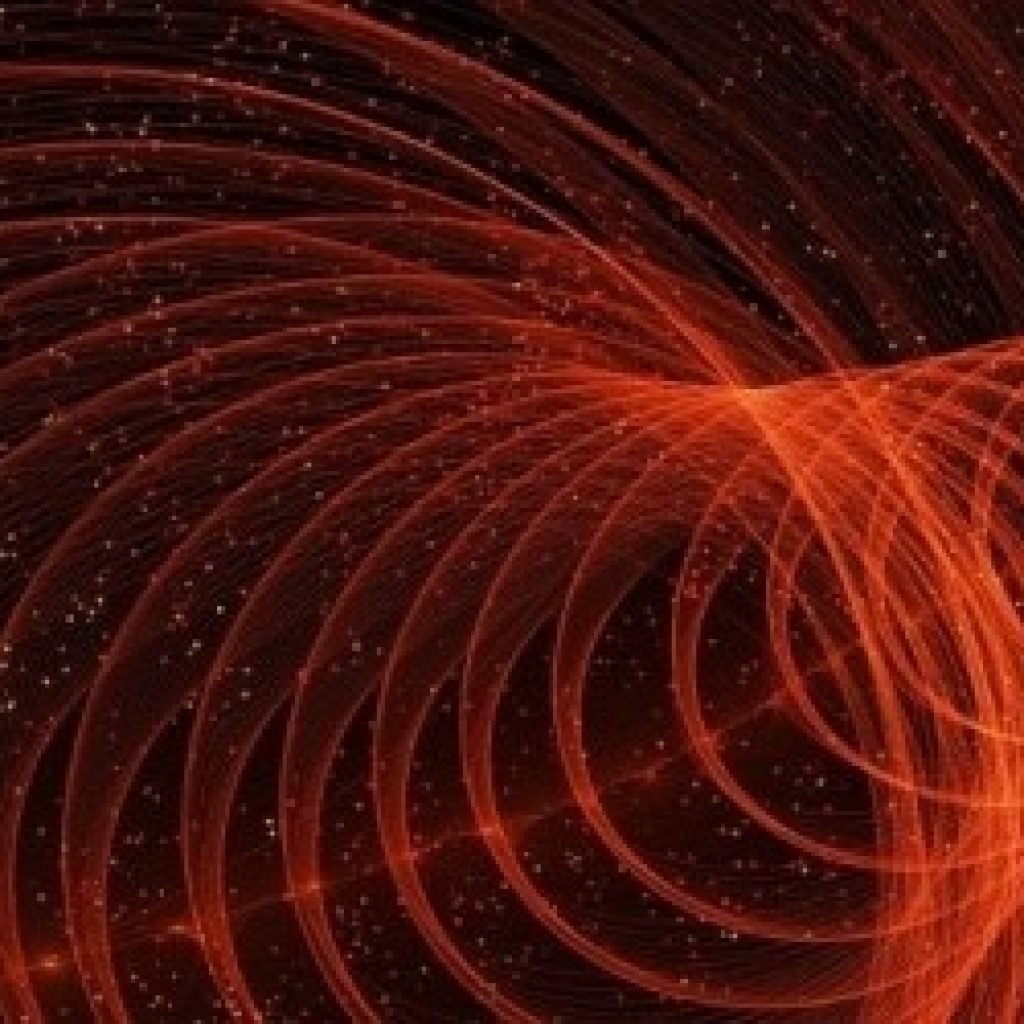(TheEngineer.co) Enabling space-based quantum internet services with memory and ‘repeater’ devices has been proposed in research by Strathclyde University and international collaborators.
The study suggests that quantum memories (QM) and repeaters, which are used in the transmission of the information, can be deployed to facilitate use of advanced internet technology. This is done through distribution of quantum entanglement, a phenomenon in which two particles are interlinked, potentially at vast distances from each other.
The research showed that satellites equipped with QMs provided entanglement distribution rates which were three orders of magnitude faster than those from fibre-based repeaters or space systems without QMs.
It was led by Humboldt University in Berlin and involved the Institute of Optical Sensor Systems of the German Aerospace Center (DLR) and JPL (Jet Propulsion Laboratory NASA).
In a statement, Dr Daniel Oi, senior lecturer in Strathclyde’s Department of Physics, a partner in the research, said: “We show in this paper that this method would have much higher performance than previously proposed schemes and we identify promising physical systems with which to implement it.
“The work is connected to wider work at Strathclyde on Quantum Technologies, and in particular Space Quantum Communication research that includes several space missions due to be launched in the next few years.”
The proposal in the research uses satellites equipped with QMs in low-earth orbit. It is focused on the use of quantum key distribution (QKD) for encryption and distribution, and of QMs to synchronise detection events which could otherwise have been happening by chance.
“With the majority of optical links now in space, a major strength of our scheme is its increased robustness against atmospheric losses,” the team states in the paper. “We further demonstrate that QMs can enhance secret key rates in general line-of-sight QKD protocols.”
Study Proposes Using Memory and Repeater Devices for Space-Based Quantum Internet
